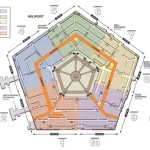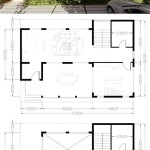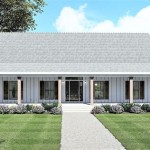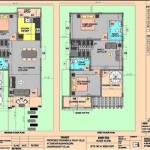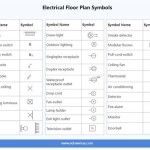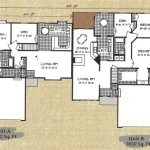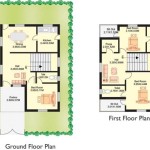Essential Considerations for Optimal House Floor Plan Layouts
A well-planned house floor plan is the cornerstone of a comfortable and functional living space. Careful attention to various factors ensures optimal flow, efficient utilization of space, and a harmonious balance between privacy and communal areas.
1. Flow and Circulation
The flow of a house should be intuitive and effortless. A logical arrangement of rooms, hallways, and doorways minimizes congestion and promotes smooth movement throughout the home. Wide corridors and adequate entryways facilitate easy access and create a spacious feel. Consider the flow from public to private areas, as well as the transition between indoors and outdoors.
2. Functionality and Space Allocation
The size and purpose of each room should be carefully considered. Living areas, kitchens, and dining rooms should accommodate comfortable furniture and allow for ample movement. Bedrooms and bathrooms need to provide privacy and storage while maximizing natural light. Utility areas, such as laundry rooms and storage closets, should be strategically located to minimize clutter and maintain order.
3. Privacy and Common Spaces
A well-designed floor plan balances the need for privacy with the desire for shared spaces. Private areas, such as bedrooms and bathrooms, should be separated from common areas like the living room and kitchen. However, open floor plans that seamlessly connect different zones can promote a sense of spaciousness and foster interaction.
4. Natural Light and Ventilation
Natural light and ventilation are crucial for a healthy and inviting living environment. Ample windows and skylights bring in sunlight, reducing the need for artificial lighting and creating a cheerful atmosphere. Proper ventilation ensures fresh air circulation, regulates temperature, and reduces moisture buildup.
5. Storage and Organization
Clutter can be a major hindrance in any home. An efficient floor plan incorporates ample storage solutions to keep belongings organized and out of sight. Built-in closets, drawers, and shelving can maximize vertical space, while dedicated storage areas, such as pantries and mudrooms, provide additional organization.
6. Outdoor Living Spaces
Connecting the indoors to the outdoors enhances the overall living experience. Consider incorporating patios, decks, or balconies that extend the living space and provide a seamless transition between indoor and outdoor activities. These areas can be used for relaxation, entertainment, or simply enjoying the natural surroundings.
Conclusion
Creating an optimal house floor plan layout is a multifaceted task that requires careful consideration of various factors. By prioritizing flow, functionality, privacy, natural light, storage, and outdoor living spaces, homeowners can design a home that not only meets their practical needs but also enhances their quality of life.

Floor Plans Types Symbols Examples

Floor Plans Types Symbols Examples

Truoba Mini 221 House Designed As Guest Plans

Floor Plans Types Symbols Examples

Floor Plan App Live Home 3d

3 Story Modern Style House Plan 7885

Small House Design 2024005 Pinoy Eplans Modern Plans Layout

Peach Tree House Plan Ranch Floor Designs

8 Fabulous Family Home Plans Blog Dreamhomesource Com

2 Story Modern House Plans Houseplans Blog Com

